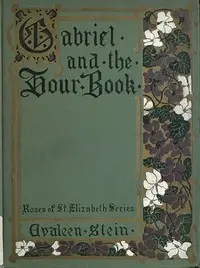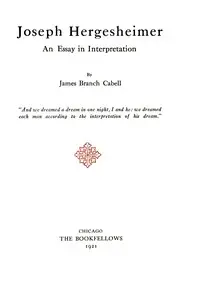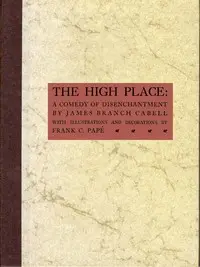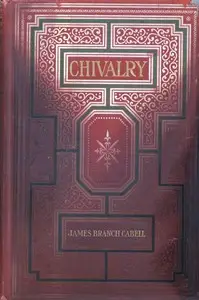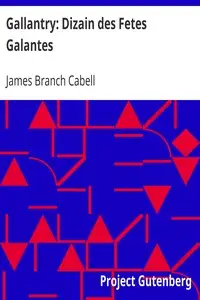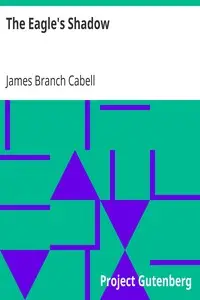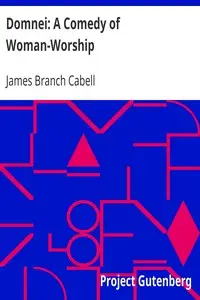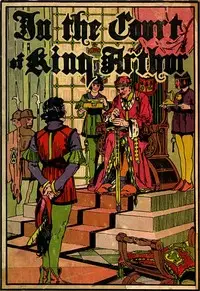"The Certain Hour" by James Branch Cabell is a set of tales and thoughts from the early 1900s. Woven throughout the book are ideas about wanting to be a great artist, what it means to be creative, and tough parts of love, all mainly shown through Felix Kennaston, who writes poetry and makes toys. Kennaston's story looks at what artists go through as they try to show the beauty of life, while dealing with what people expect and their own personal struggles. Kennaston's two jobs show the back-and-forth between dreaming big as an artist and the silliness of life. The beginning parts feel thoughtful as Kennaston thinks about where he fits in, what he does, connections to others, love, and desire to do great things. Cabell gets ready to closely check out the artist's heart, going against what society thinks and sensory experiences, while also sharing a close look at how people lived back then and their bonds with one another. The book feels both a little sad and like it's making fun of things, hinting at a deep story that questions what life and creating things are all about.
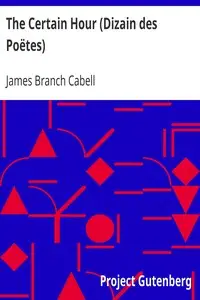
The Certain Hour (Dizain des Poëtes)
By James Branch Cabell
A poet and toy-maker navigates a world of artistic dreams and complex relationships, battling societal expectations and inner turmoil in a search for beauty and meaning.
Free Download
Summary
About the AuthorJames Branch Cabell was an American author of fantasy fiction and belles-lettres. Cabell was well-regarded by his contemporaries, including H. L. Mencken, Edmund Wilson, and Sinclair Lewis. His works were considered escapist and fit well in the culture of the 1920s, when they were most popular. For Cabell, veracity was "the one unpardonable sin, not merely against art, but against human welfare".
James Branch Cabell was an American author of fantasy fiction and belles-lettres. Cabell was well-regarded by his contemporaries, including H. L. Mencken, Edmund Wilson, and Sinclair Lewis. His works were considered escapist and fit well in the culture of the 1920s, when they were most popular. For Cabell, veracity was "the one unpardonable sin, not merely against art, but against human welfare".
Total Reviews
10.0k
Total reviews from Goodreads may change


